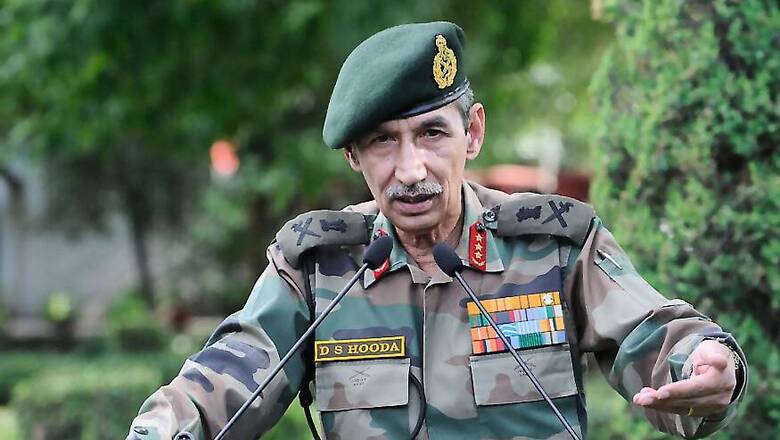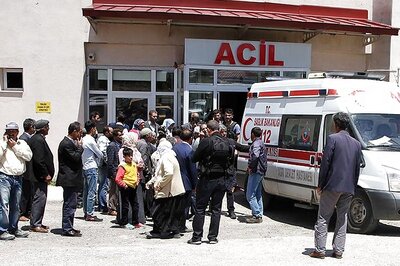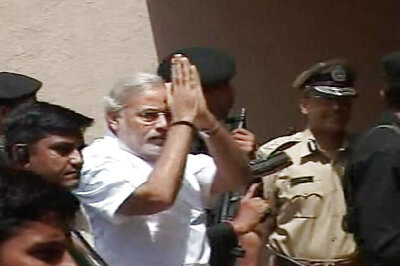
views
New Delhi: In September 2016, in the aftermath of the Uri terror attacks, he was leading the planning and execution of the Indian Army’s surgical strikes against terror pads in Pakistan Occupied Kashmir. Over a year since the 2016 strikes and hours after the BSF avenged the killing of a BSF jawan and destroying three Pakistan Army posts, Lt Gen (retired) DS Hooda, the man behind one of India’s most decisive military missions, speaks to News18’s Uday Singh Rana about the sustainability of cross-border strikes.
You led India’s surgical strikes in September 2016. What was the difference and similarity between that strike and the one late on Wednesday night, in which BSF killed 15 Pakistan Rangers?
There are many options that the Army has while responding to such attacks. I don’t think the terminology is very important here. The fact is that the action has been taken. We say there is a certain sanctity to the Line of Control. But if we have people from Pakistan coming in every day, with ceasefire violations taking place every day, then that sanctity is completely lost.
It was said that cross-border strikes would be an exception rather than the rule. Why, then, are they happening more often from both sides?
I’m not sure if we can say it’s happening more often. It has happened in the past. It isn’t the first time that the Pakistanis have crossed over to our side. As far as learning lessons are concerned, I don’t think the aim was to stop Pakistan from supporting terrorism in Kashmir. The intention was to tell them that there are terrorists on your side and they shouldn’t feel secure. We also needed to send across a message to our own countrymen. If something happens on our side that does not mean that the Army would sit quietly.
Lt Gen (retd) Panag compared India’s military strategy of cross-border strikes to a Kabaddi match. Do you think that’s a fair comparison to make?
What should be the response to actions like this? What is expected from us? Will the Indian Army sit on its hands? The Army should take a call on what they can do and when they can do it. We can’t keep sitting in our own territory and not respond to actions that are clearly sponsored by the Pakistani army. The responsibility of bringing calm to the LoC lies with Pakistan. We have always told them that if they want things to calm down, they should keep a check on things that are happening on their side.
Can this be a long-term strategy? Can India sustain it?
To me, it should carry on as long as there is a need to put pressure on Pakistan. It is definitely sustainable, we have enough capability and enough troops on the ground. Do we want to continue this? Well, the ball is in Pakistan’s court. The Indian Army is not happy that there is violence because the people who are dying are our comrades.
So we can’t even say when this confrontation will end?
Absolutely not. The prerogative lies with Pakistan, not India.




















Comments
0 comment